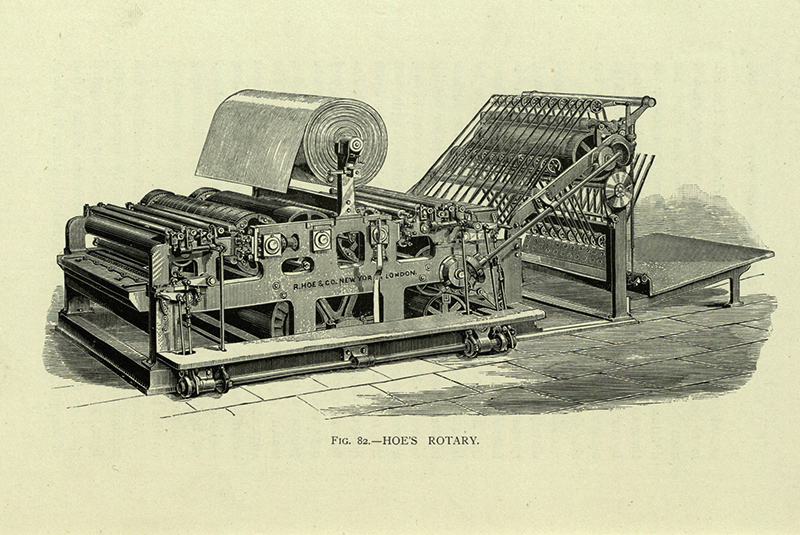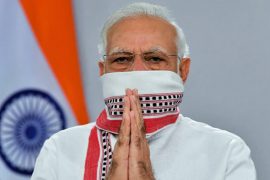The printing press was just a footnote in Bhimji Parekh’s life. The scion of a Bania merchant family, he had spent his life accumulating great wealth from ‘multifarious activities‘; an amount to the tune of one million pounds – in the 1670s.
Bhimji was known to both the Dutch and the East India Company. Perhaps, more specifically, he was known to the Mughal Emperor Aurangzeb – against whom Bhimji led the Jain and Bania merchants in protest. The issue was the emperor’s destruction of temples and places of worship in Surat. Alarmed, 8,000 Jains and Banias fled to Bombay in 1669 – taking their business with them. It was the first non-violent mercantile strike in India, and it worked.
Aurangzeb appeased the merchants and assured them that their religion would be safe in Surat. Mollified, they returned. Bhimji was a formidable businessman and lender. He worked with the East India Company as early as 1628, but did not give his favours to them alone. The Company grew annoyed with Bhimji when it emerged that he had lent money to the Dutch East India Company but refused to do so for the British. He lent the money anyway, but the Company’s higher-ups wanted to dismiss him. Bhimji dared them to follow through – and they did not.
Often, when the Company was broke, Bhimji would take loans on their behalf. In November 1674, he helped the company find a merchant for its “elephant teeth, broadcloth, and allum.”
Copyright©Madras Courier, All Rights Reserved. You may share using our article tools. Please don't cut articles from madrascourier.com and redistribute by email, post to the web, mobile phone or social media.Please send in your feed back and comments to [email protected]











